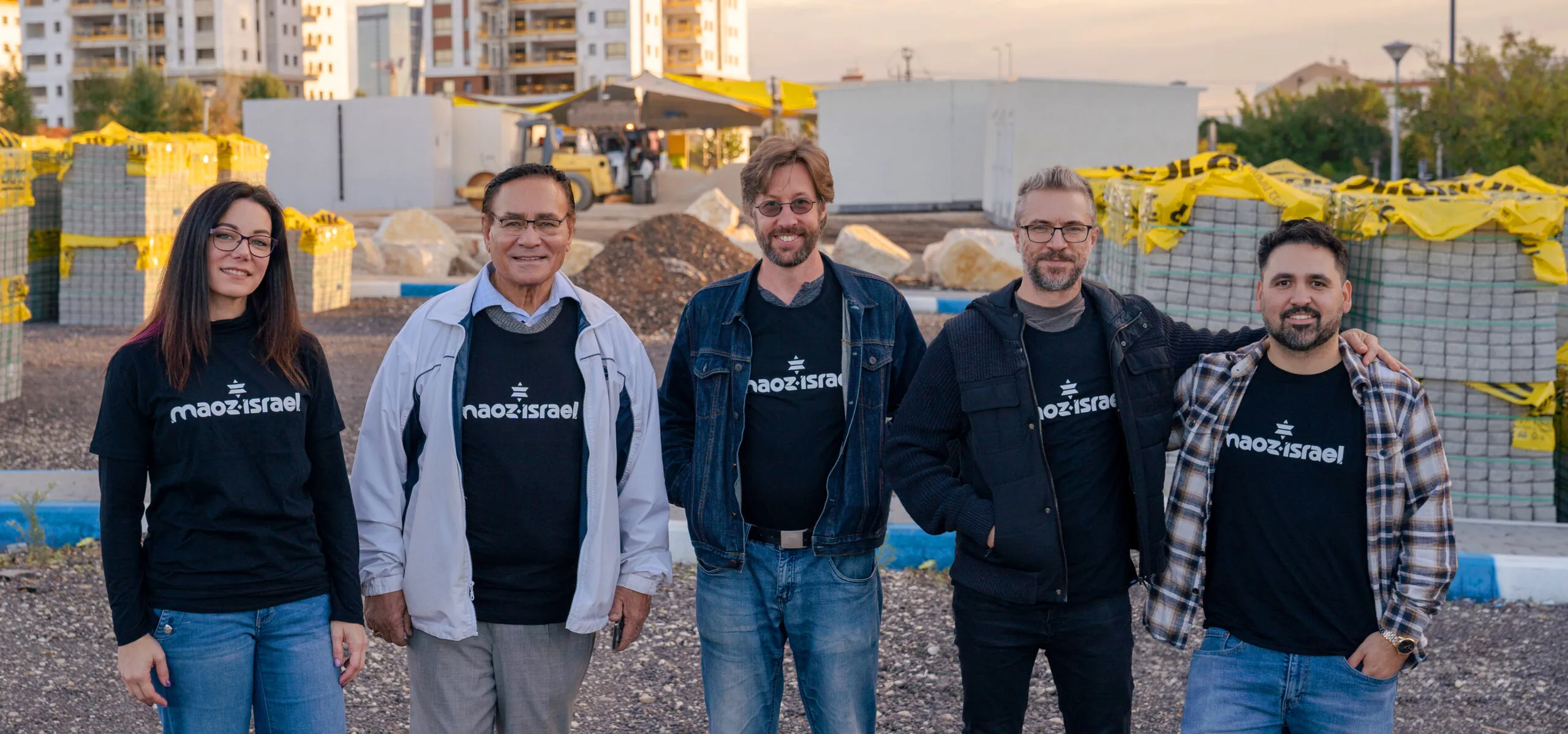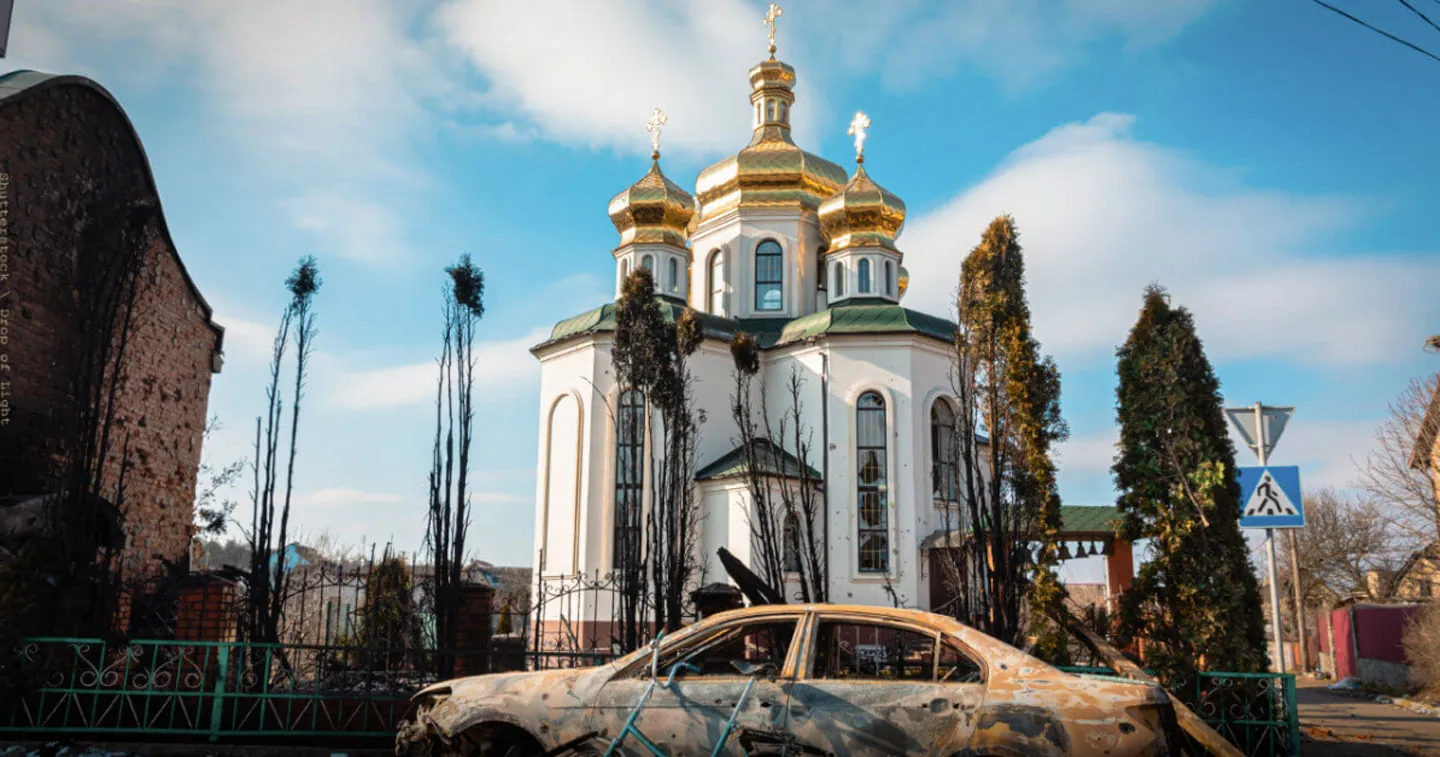
Taunton explains: “[Russian] rulers were always struggling between two impulses: one is westernizing, one is moving back toward dictatorship. And—for eons—they were always going back and forth between the two—that struggle between freedom and progress, versus hardline dictatorship and terrorizing the old Russian Slavic way. This pattern has continued to this very moment.”
To understand the complexity of the current Russia-Ukraine conflict, a quick bit of history will help:
In the year 1054, an event took place in Christendom that would forever impact the future of the entire world. The greatest schism in church history occurred between the Church of Rome and the Church of Constantinople. In short, the Patriarch of Constantinople and the envoys of the Pope excommunicated each other. It had been a long time coming, as church fathers wrangled over such dogmas as proper ways to fast, differences in their veneration of Mary, and whether the Holy Spirit proceeded from the Father only, or also from Yeshua.
Though the Catholic Church has a brutal history of faults and failures, there were periods of revival which birthed new vibrant communities and a return to the Word of God. On the other hand, the Eastern Church consistently took many steps away from Biblical truths without the accompanying seasons of renewal and re-grounding in God’s Word.
Russia fell into the Eastern Orthodox sphere. Then, what was left of Eastern Christianity eventually mingled with the local Slavic pagan culture. Award-winning author and student of Russian history Larry Alex Taunton 1 points out: “Consider the fact that Russia never experienced a Renaissance, Reformation, Enlightenment, Scientific Revolution, or Industrial Revolution. These epochs define the West as we know it and define Western thinking, but not Russia, not Ukraine.”
The Russian Empire was often isolated from the West culturally, spiritually and linguistically during centuries of the influence of Oriental tyranny. As a result, Russia and Ukraine entered the 20th century with a Middle Ages despotic mentality.
Beginning in the late 15th century when the Mongols’ 250-year reign of terror finally ended, a strange split-personality behavior evolved. There were a few powerful rulers and czars who saw Russia’s social deficiency and tried to liberalize the nation by giving rights to citizens, improving the state of peasants, and encouraging education and individual enterprise. However, there were also many evil tyrants who ravaged the land, starved and mass-murdered their people and devastated their cities over and over.
Taunton explains: “[Russian] rulers were always struggling between two impulses: one is westernizing, one is moving back toward dictatorship. And—for eons—they were always going back and forth between the two. Catherine the Great was a westernizer. Her son wasn’t. Alexander I was a westernizer followed by Nicolas I who wasn’t, followed by Alexander II who was a westernizer, followed by Alexander III who wasn’t.” So it went back and forth—that struggle between freedom and progress, versus hardline dictatorship and terrorizing the old Russian Slavic way. This pattern has continued to this very moment.
It is important to note these extreme political swings continued during the Communist takeover—hellish tyranny in the form of Soviet Marxism lasting from 1917 to 1991. It ended because liberalizers Mikhail Gorbachev and Boris Yeltsin opened the country to capitalism, and ultimately to freedom. During this period, fifteen sovereign states emerged, independent of the former Soviet Union, including Ukraine!
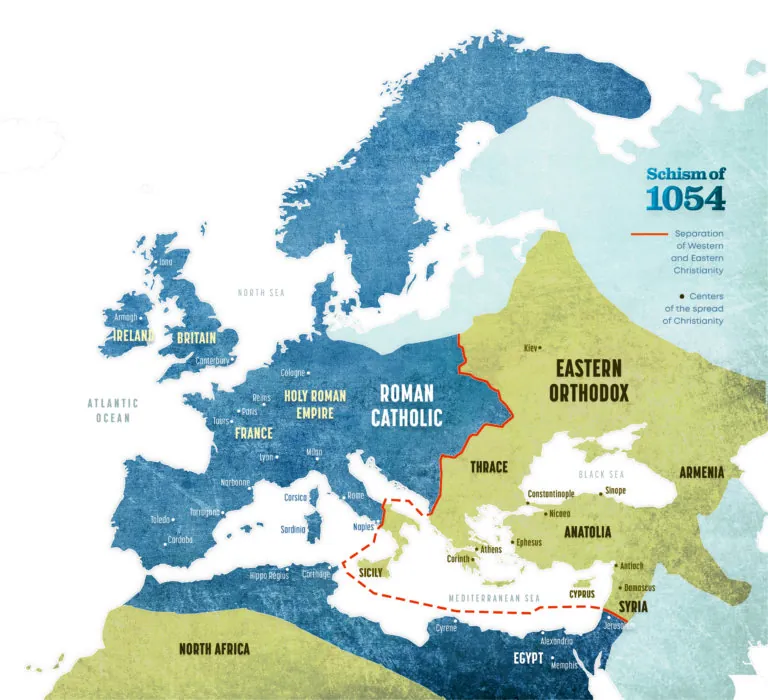
Schism of 1054. Separation of Western and Eastern Christianity. Centers of the spread of Christianity
Freedom! Real Freedom!
This period of freedom and liberty created an extravagant opening for Christians around the world to bring the Gospel to these nations whose citizens had been “forced atheists.”
After the collapse of the Soviet Union in 1991, Russia welcomed Western influences of many stripes, whether they were economists, capitalists, Christians, Evangelicals—whoever they were—they were allowed in!
There was kind of a naivete that characterized the Soviets. They embraced everyone with enthusiasm. Missionaries from large organizations and small churches flooded Russia with the Gospel. Literally hundreds of thousands of Russians came to faith. Churches and Bible schools sprang up across Russia and the new independent states. Among the Jewish population, Messianic Jewish congregations were birthed in many of these countries.
Jonathan Bernis of Jewish Voice, and a board member of Maoz, crisscrossed Russia and Ukraine for 12 years, hosting Messianic Jewish concerts, preaching the Gospel and seeing thousands and thousands of Jews and Gentiles come to faith. In 1994, Ari and I had the opportunity to teach for a week in St. Petersburg at his Messianic Bible school. Just months before, this group of young Jews and non-Jews didn’t know God existed! Now they came with a deep passion to learn everything we could teach them. It was a unique window of time that, thanks be to God, was not wasted by the people of God!
Many new Russian Jewish believers made aliyah to Israel and quickly doubled the number of Messianic Jews in Israel. Today some are pastors, musicians, business people and artists, all working for the Kingdom of God. Several talented members of our Maoz team came from Russia and Ukraine.
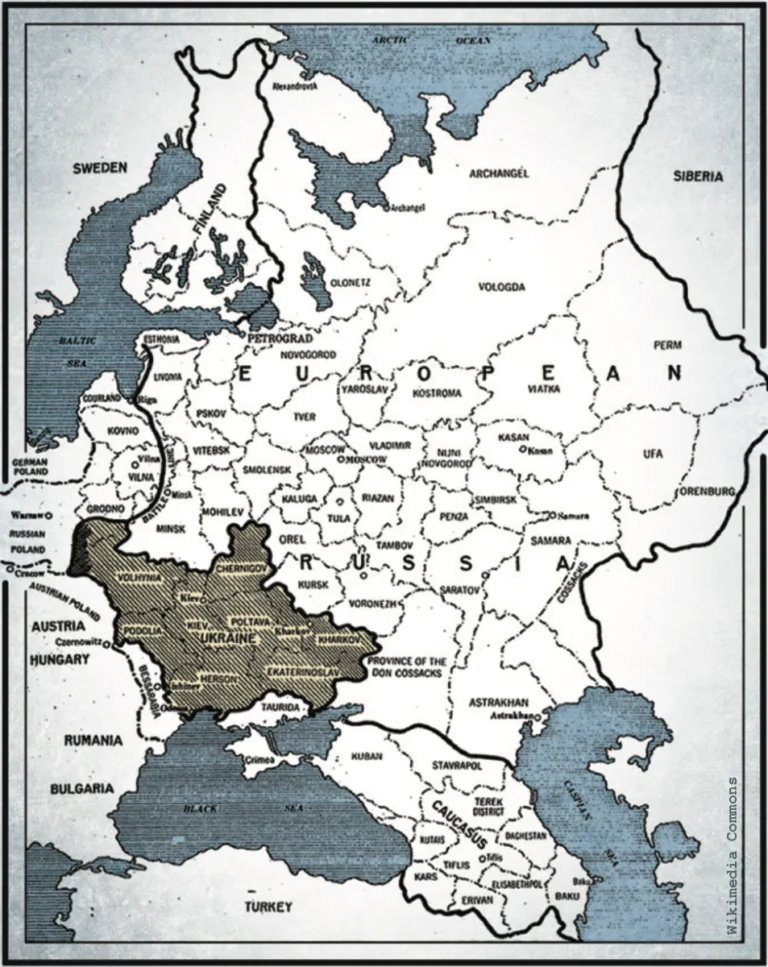
This map, published in The New York Times in February 1918 shows the boundaries of the Ukrainian People’s Republic, which existed from 1917-1920. Vladimir Putin denies that Ukraine was a sovereign state for those three years. Anyone in Russia claiming this historical fact can be imprisoned for up to 10 years.
The Most Recent Pendulum Swing
Then Vladimir Putin became president in the year 2000. By 2012 Russia was already moving to impede foreign missionaries and three years later, their law said all religious meeting places needed to be registered. By 2020, Russian Christians were being persecuted, whether Roman Catholics or Pentecostals, while the Russian Orthodox Church’s status was elevated.
Sadly, there is also a tragic element which the West must acknowledge. The West was given a rare opportunity to influence a culture. But besides those who brought the Gospel came a flood of pornography, sexuality, and every kind of corruption and depravity, notes Taunton. Russians didn’t have the historical experience or savvy to figure out what was what. They simply slammed the brakes on everything.
The Wars
Returning to the present crisis: Although Ukraine and Russia have been tied to the same historical heritage, the Ukrainian people have had a deep longing to enjoy their own country, language and culture; they have long been attracted to the self-determination and prosperity of the West. So when the last Romanov czar was suddenly ousted in 1917, Ukraine boldly declared its freedom as a sovereign state and fought against the Bolshevik Red army. They had three years of freedom, until Lenin’s Marxist Bolshevik forces swallowed Ukraine back into their Russian empire.
Almost immediately, Russia’s Communist leaders demanded that Ukrainian farmers collectivize their farms. Ukrainians rebelled and were horrifically punished by the Soviets with genocide and a forced famine in the 1930’s. The manmade Great Famine claimed the lives of some 3.9 million people. The hardest hit area was Ukraine.
When Germany invaded the Soviet Union in 1941, there were Ukrainians who did cooperate with the Nazis, not because they agreed with Germany’s ideology, but because they thought they had a better chance of rebirthing their sovereign state under Germany than under Communist Russia. Still, they are not without blame as they actively participated in hunting down Jews and mass shootings.
Manipulating that history, Putin’s propaganda today explains he must attack Ukraine to destroy their “Nazi leadership”—despite the fact that Ukraine has come a long way in it’s ideology as both the president and the prime minister of Ukraine are Jewish. During the 74 years of Communist Russia’s tyranny they managed to obliterate 100 million people from the earth—that bit of history Putin leaves out.
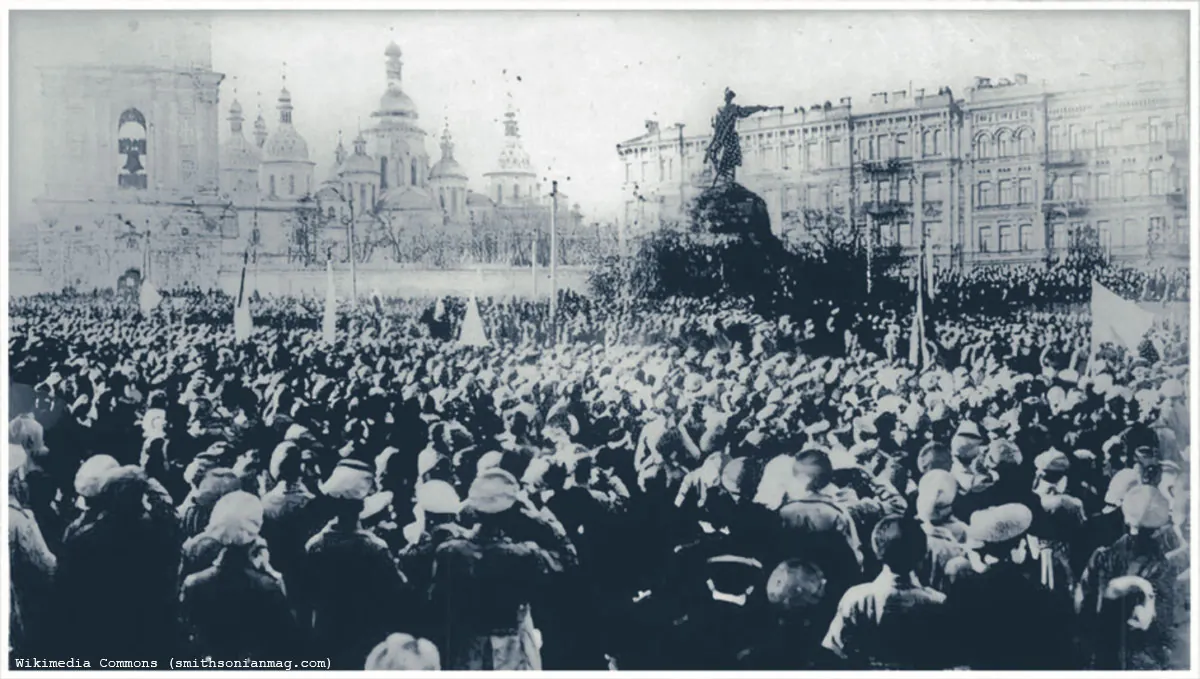
Nationalist rally in Kyiv in January 1917 when Ukraine declared itself an independent sovereign state. Contrary to President Putin’s misinformation that Ukraine was never an independent state until 1991 at the collapse of the Soviet Union, this picture is one of the many proofs that Ukraine achieved its independence from 1917-1921.
Evangelicals Elected to Ukrainian Government
Of Ukraine’s 43 million citizens, 67% of the total population still adheres to Orthodox Christianity. About 2.2% of Ukrainians are Evangelicals (mostly Baptists and Pentecostals) with about 3,000 churches.
Interestingly, the most trusted entities in Ukraine are the Church, trusted by 63%, and the military at 65%.2 A year ago, a poll showed over two-thirds of Ukrainians distrusted state officials and politicians. President Volodimir Zelensky won because he ran on a platform to wipe out corruption.
For a small minority of 2.2%, there is an unusually large number of Evangelicals present in Ukraine’s government. The shortage of good leaders in Ukraine was so intense, political parties started to recruit candidates from Evangelical churches! In 2020, more than 500 Evangelicals were elected to all levels of government!
After the elections, Nikolay Kuleba, Zelensky’s Ombudsman for Children, gathered all the winning Evangelical politicians and asked them to ask God: “What is your purpose for me here?”
Kuleba was the only high-level official from the former administration that Zelensky didn’t fire when he came to power. “Believers need to be in the government,” he said.
Recognizing this recent cultural shift towards the Gospel, the coordinator of Ukraine’s National Prayer Breakfast, Pavel Unguryan, said, “Ukraine has become the epicenter of a global spiritual battle… Introducing people to the teachings of Jesus will change the country and region much faster than the activities of a party.” One can see why the Enemy would like to have Ukraine once again under communist control.
The Church at Work
This war has changed everything. At the very least it has inspired a movement to bring together Baptists, Pentecostals and other newer groups into an informal union so that practically all Ukrainian Evangelicals can now speak with one voice.
Reports of the heroic efforts of Evangelical churches in Ukraine in this war are getting widespread coverage. Church leaders are occupied full time with the refugee chaos. In most cases, pastors send the women and children westward on buses, while they and a small team remain to help more refugees make it to the borders.
One pastor, Ivan Rusyn, stated: “This war has completely redefined my understanding of mission and holistic ministry. You cannot show compassion from a distance.” He and his seven remaining colleagues coordinate relief from the offices of the Ukrainian Bible Society, where he sleeps on the floor at night.
His joy, he says, comes from seeing the smiles on the faces of Ukrainian soldiers who know that the pastors and priests are praying. He plans to stay in Kyiv as long as President Zelensky does.
Rusyn said, “For 70 years the nation was under the bondage of Soviet Communism. But the Ukrainian church used well the 30 years of freedom that we have had. Wherever the Russians are, they restrict born-again believers and institutions, attempting to shut down the robust religious tolerance of Ukraine. Christian leaders that remain in Kyiv and other cities are the incarnated witness of Jesus Christ.”
The Gospel has indeed been expanding across Ukraine, including to the Jewish people. In Kyiv, Boris Grysenko pastors the largest Messianic Congregation in all of Europe with over a thousand members, Jonathan Bernis says. “Conservatively I would estimate there are some 80-100 Messianic Congregations in Ukraine (while in Russia there are only estimated to be 10-20 such congregations).”
Where Does Israel Stand?
In the midst of this horrific war, Israel has found herself in a precarious position. While literally all the civilized world is horrified at the war crimes happening on their screens, our citizens are doubly so, because many Israelis have close relatives and friends caught in this carnage. Yet Israel’s Prime Minister is preoccupied with the reality that Russia has placed troops on our northern border since the war in Syria began during the Obama administration. Russia’s excuse for this is that they are protecting Syria.
Nevertheless, there has been an agreement between Israel and Russia permitting Israel to have open skies over Syria to bomb Iranian shipments of weapons on their way to Hezbollah. It is imperative that those skies remain open for Israel’s security.
So P.M. Naftali Bennett may be the only Western leader who has tried to maintain some sort of neutral position. Believe me, he has received plenty of criticism for it. Volodimir Zelensky has not been happy with Bennett. At the same time, Israel is the only country mentioned in the news when it comes to mediating between the two countries. If there is any positive movement towards mediation through Bennett, it is because Israel has solid relations with both sides.
Yet as we Israelis say, it is complicated. Around 400,000 Jews are citizens of Ukraine and are living there now. Israel is ready to bring them all “home” to the Promised Land. At least 100,000 new Jewish immigrants and their families are expected in the next few months. And as always, Israel is sending tons of humanitarian aid to this war-torn nation.
On the other hand, the Israeli government is also concerned for the well-being of 165,000 Jews who are citizens of Russia, and is ready to help them also immigrate to Israel, even though, it is reported the backlog of applications will take nine months to process!
As one commentator said, “It takes a large number of coordinated and committed people to make peace; it takes only one madman to make war.”
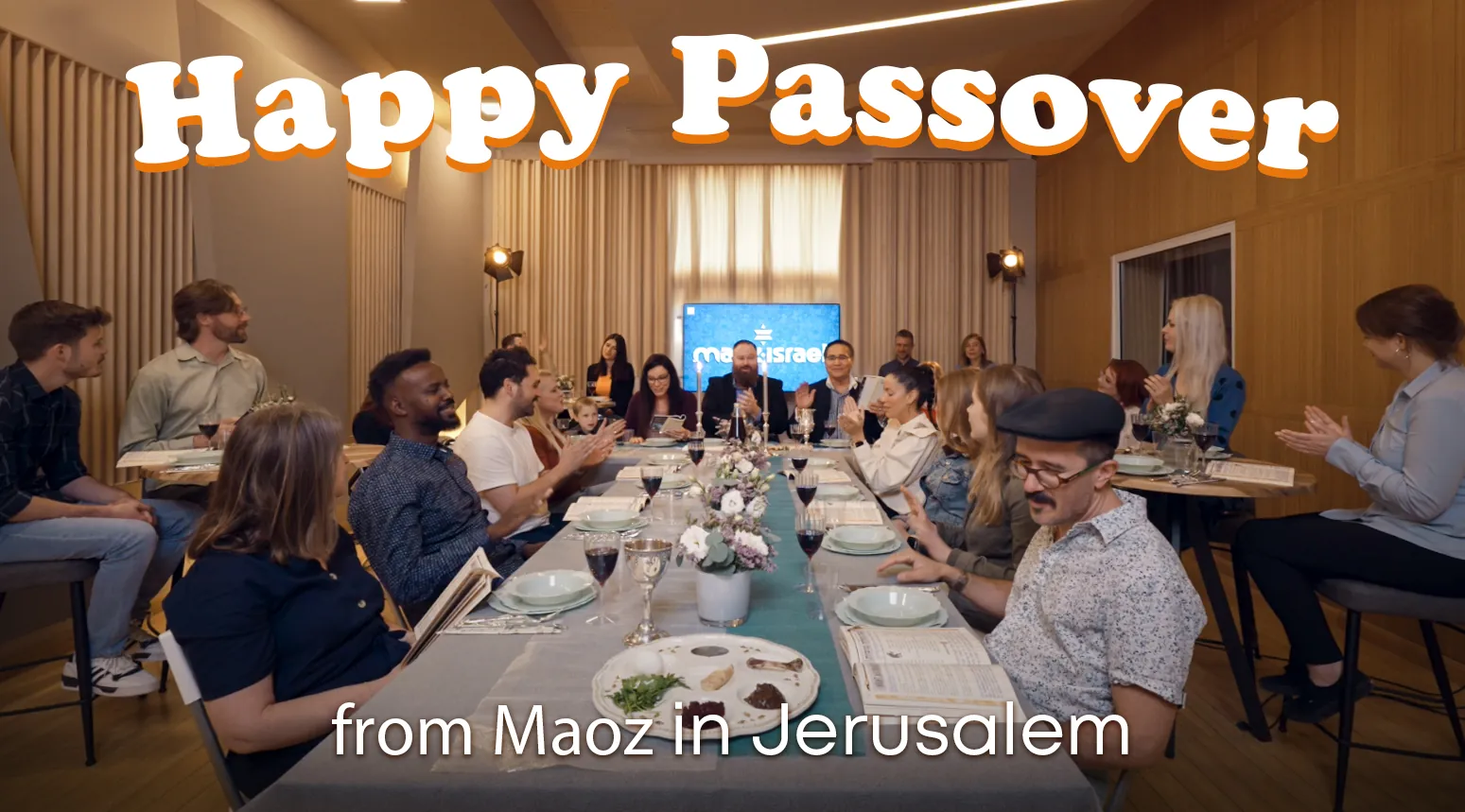
Happy Passover!
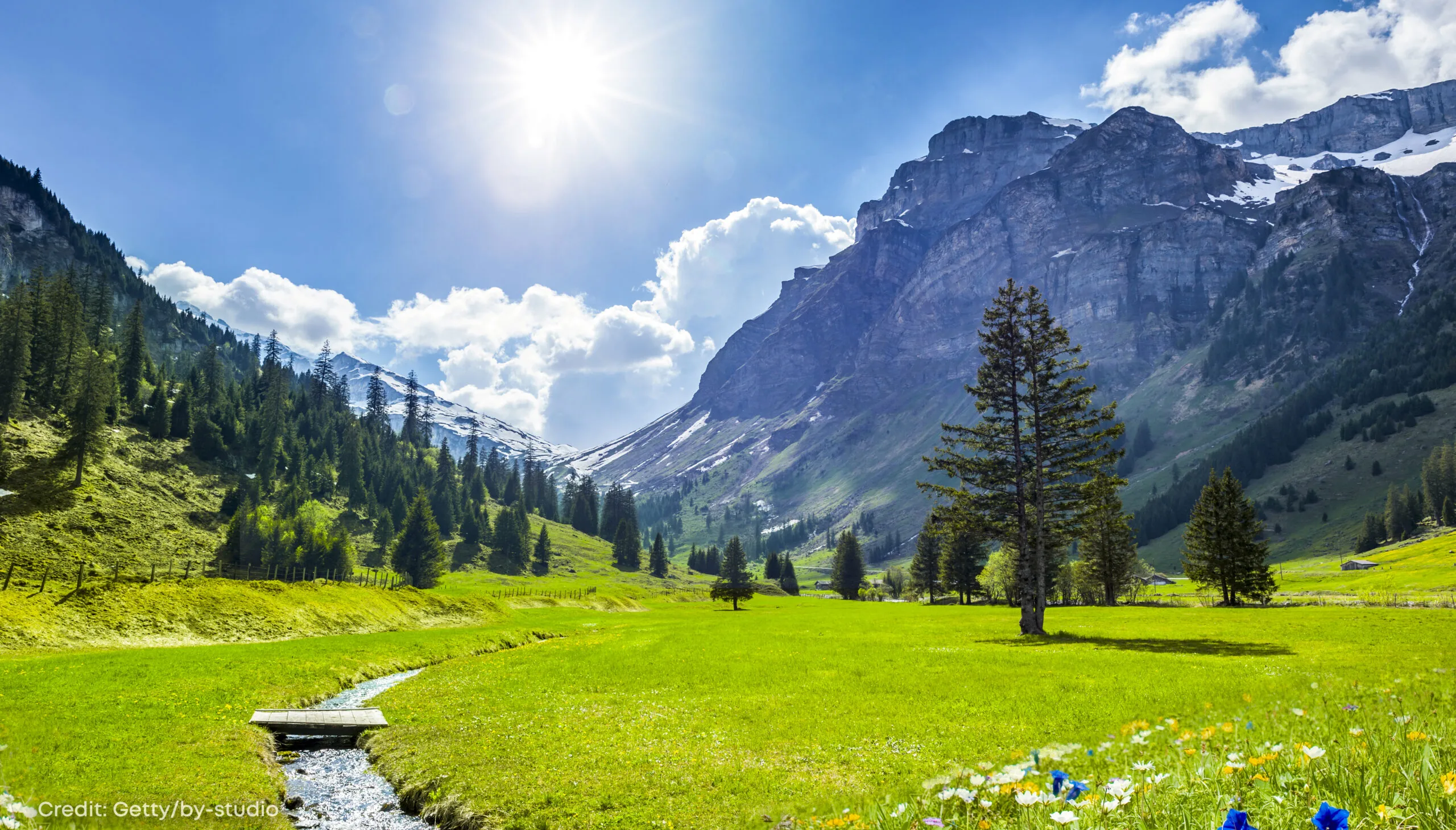
What is a Promised Land?
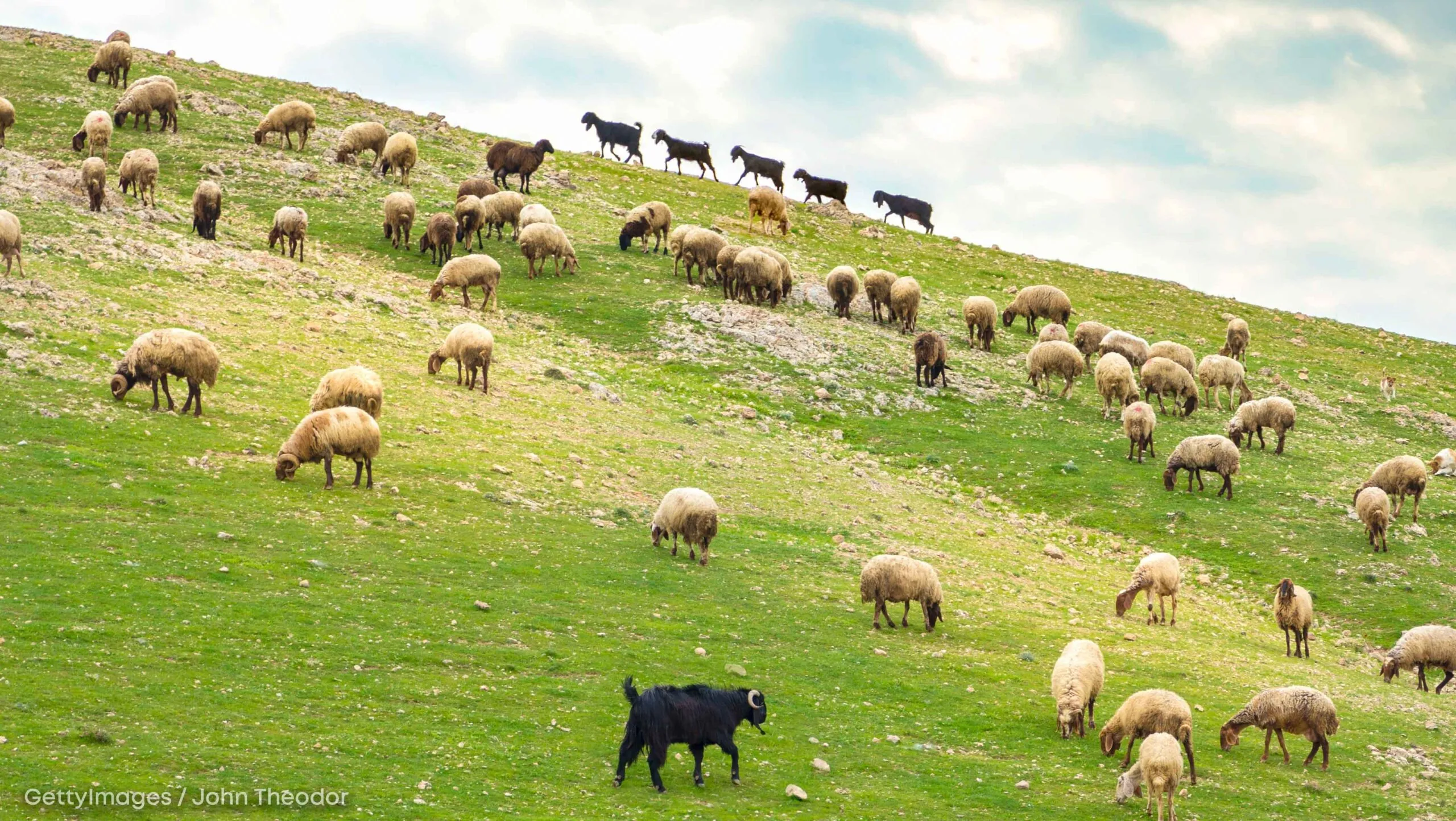
The Scariest Parable in the Bible
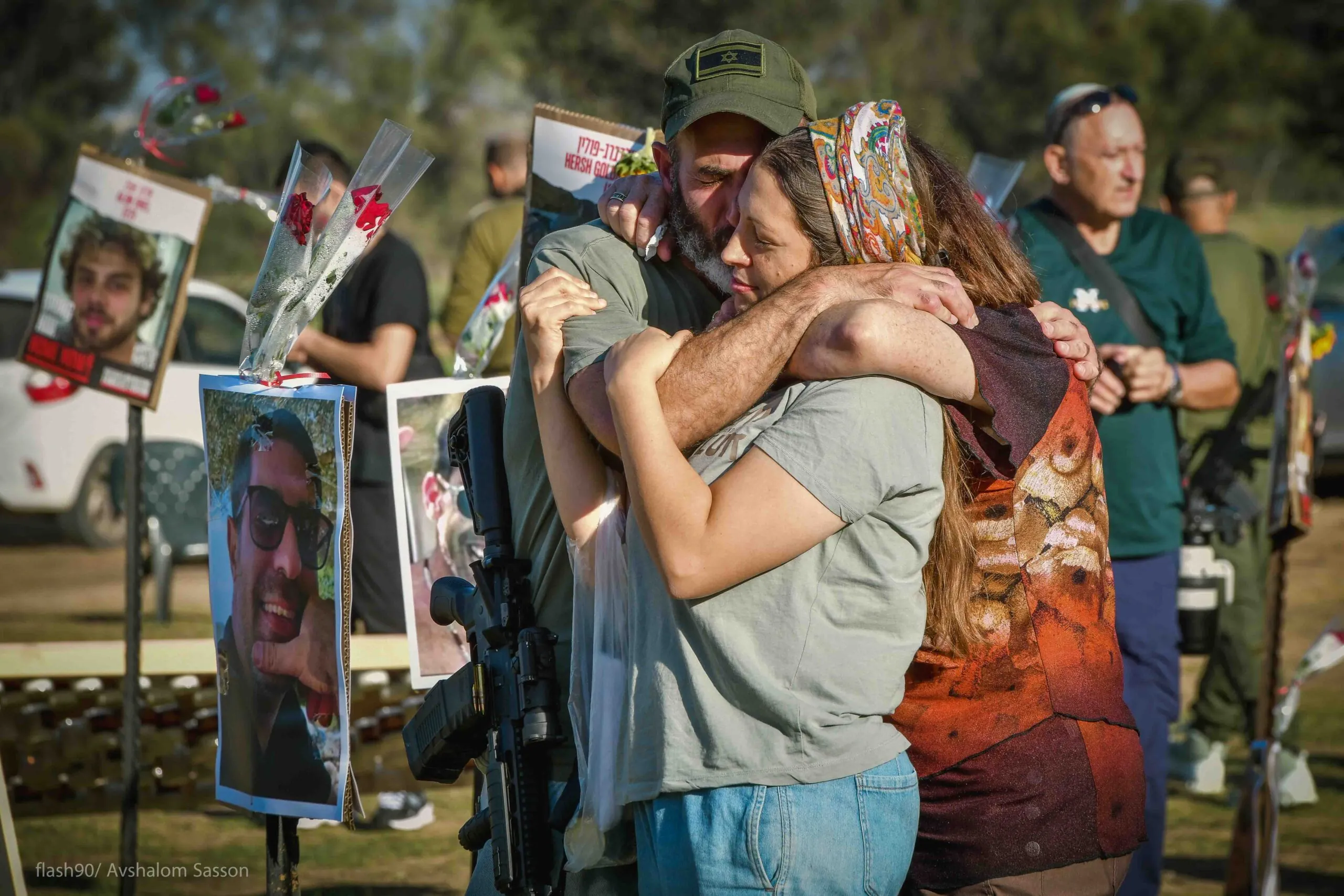
Restoration of Our Land
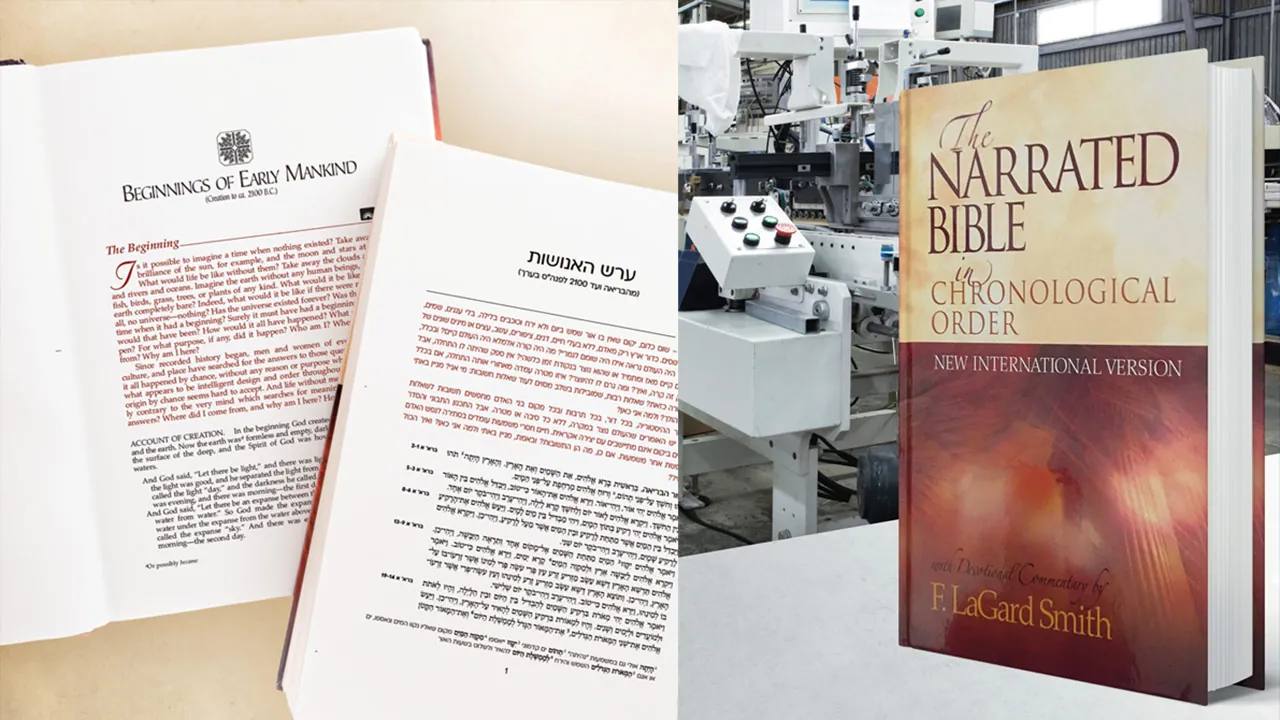
What Makes this Hebrew Bible Different From All Others?
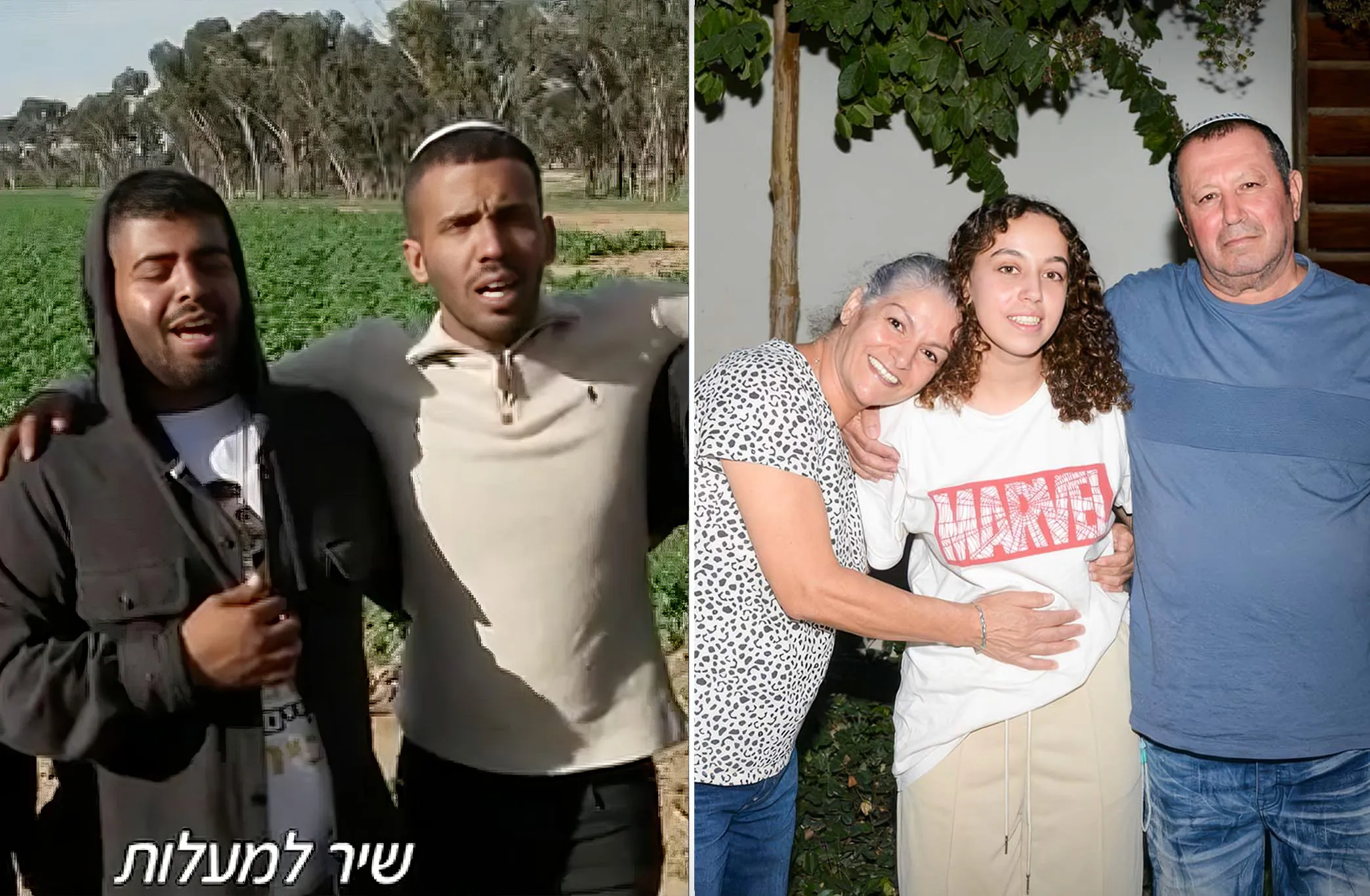
Two Miracles and a Message
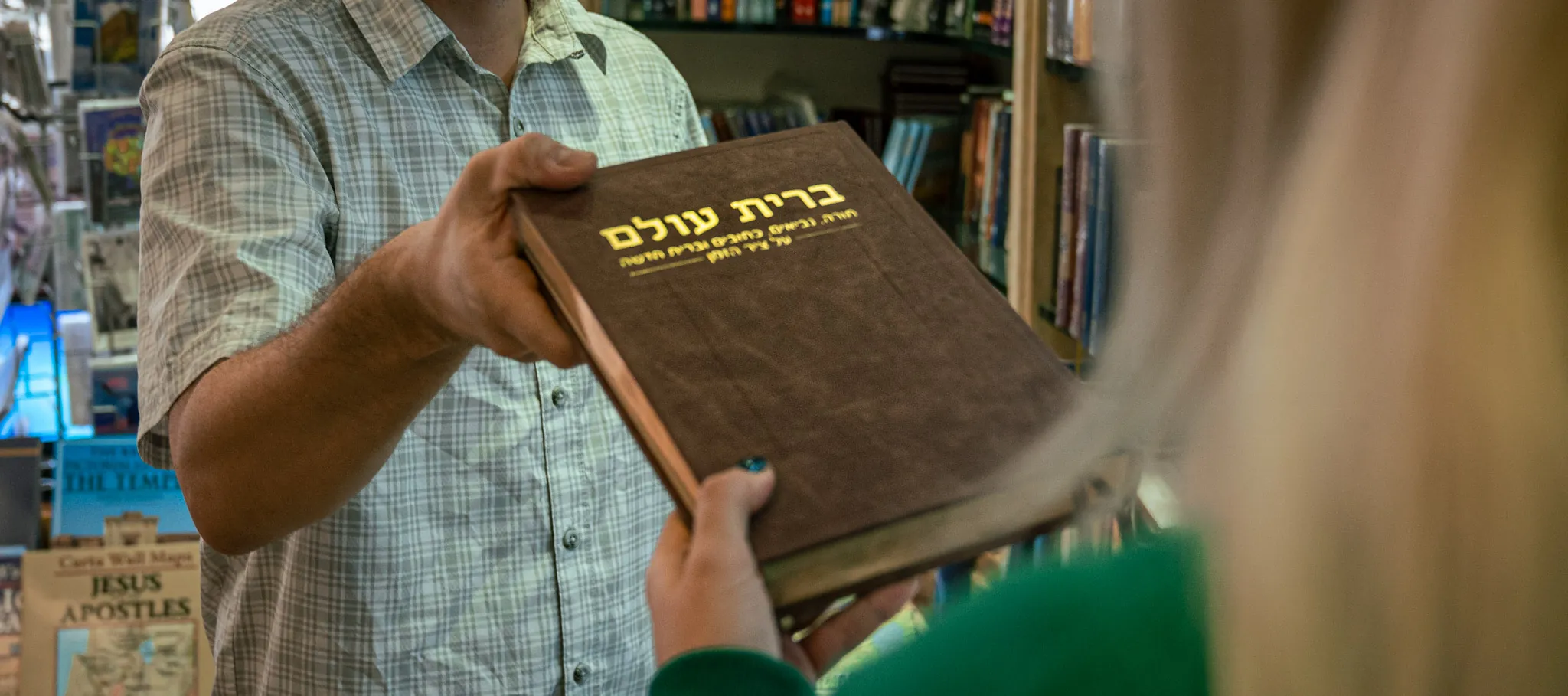
Narrating Hope
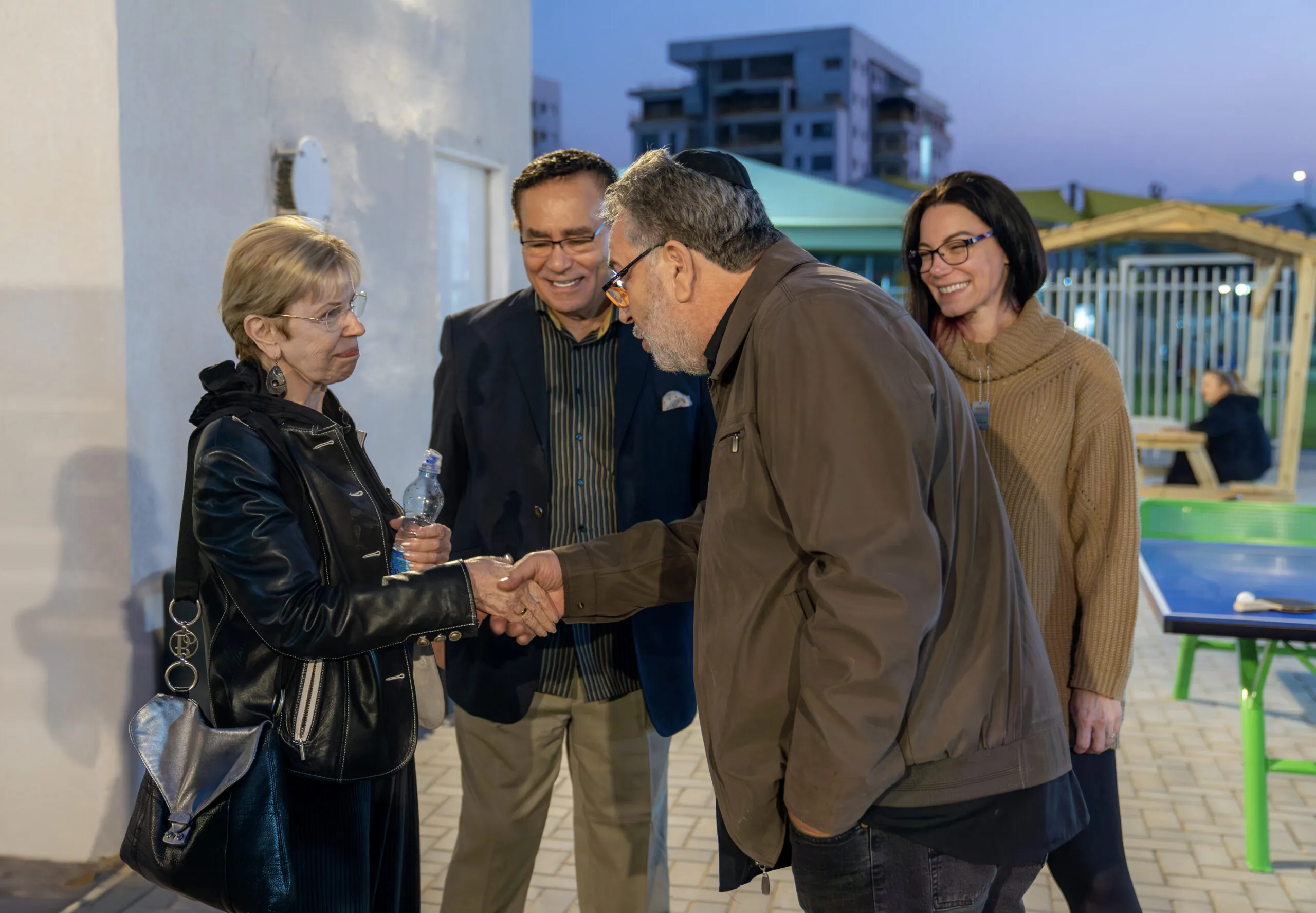
Hope in Action
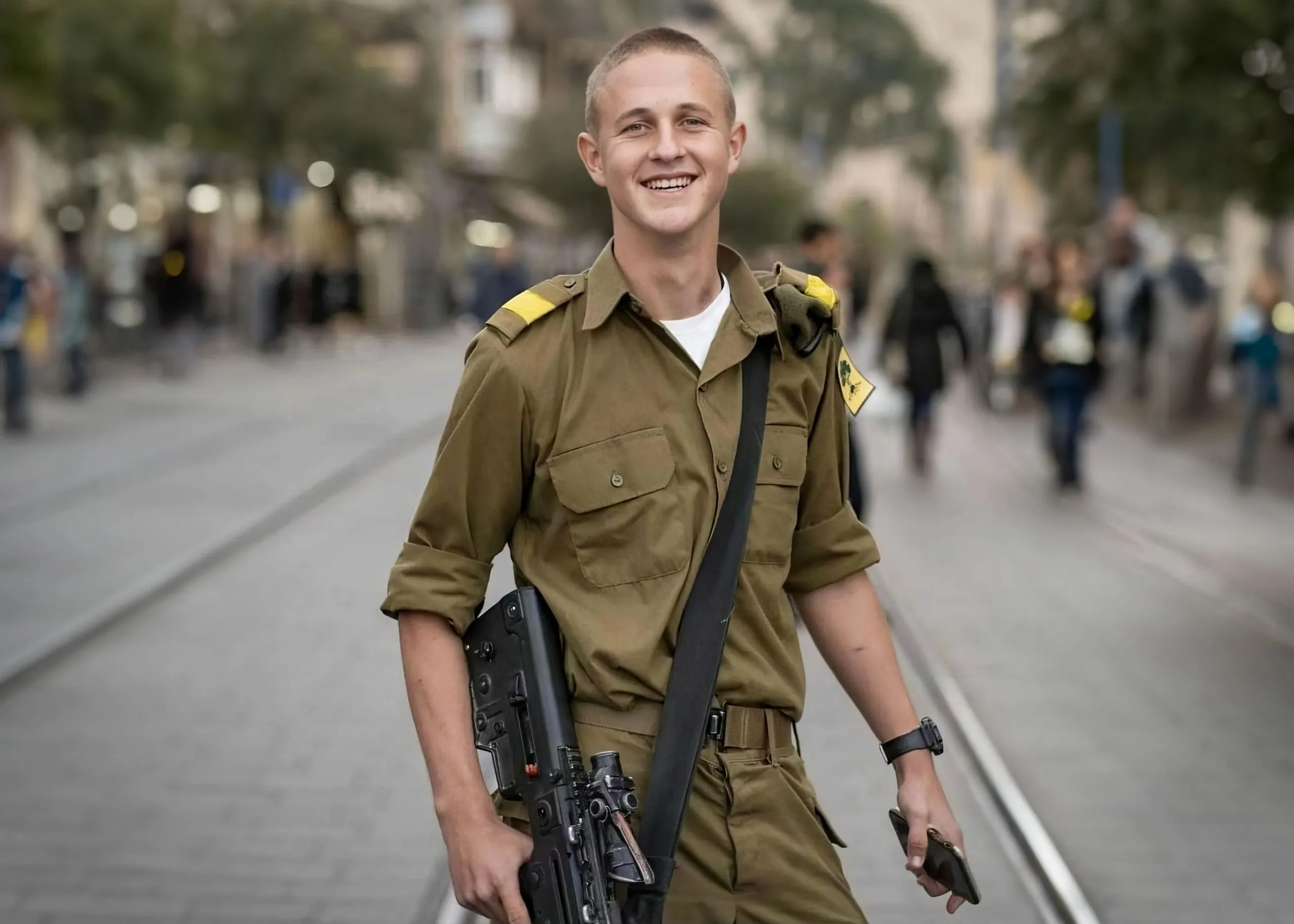
Fight to the Finish
